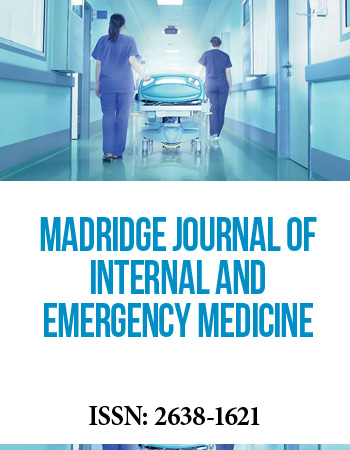International Translational and Regenerative Medicine Conference
April 25-27, 2018 | Rome, Italy
High Throughput Characterisation of Dental Pulp Derived Stem Cells and its Possible Application in Treatment of Traumatic Brain Injuries
SRM University, India
Traumatic brain injuries (TBIs) are a major cause of disability and death worldwide. They are clinically subdivided into mild, moderate and severe forms, mild TBI (also known as concussion) accounts for 80–90% of cases. The use of stem cells for treating traumatic brain injury (TBI) or concussion presents a highly viable therapeutic strategy. In particular, using an adult mesenchymal type stem cell (MSC) as a delivery mechanism for delivering therapeutic molecules has a tremendous potential since MSCs secrete endogenous anti-inflammatory and neuro-regenerative molecules. Dental pulp stem cells show close resemblance with mesenchymal stem cells and can differentiate into adipocytes and osteoblasts. In this study, we have successfully cultured stem cells from dental pulp isolated from surgically extracted third molar with a high percentage of mesenchymal population demonstrated by expression of surface markers, CD29, CD44, CD146 and Stro1. Whole genome transcriptome sequencing revealed that DPSCs were closely related to bone marrow derived mesenchymal stem cells. We have also identified presence of many neuro-beneficial proteins expressed by dental pulp derived mesenchymal stem cells such as; Nerve growth factor (NGF), brain-derived neurotrophic factor (BDNF), neurotrophin 3 (NT3) and gonadotropin-releasing hormone 1 (GnRH1). The activity of these neuro-beneficial proteins is further increased by the presence of immune-modulating proteins such as interleukins (ILs), transforming growth factor beta 3 (TGFB3), insulin-like growth factor 2 (IGF2), intercellular adhesion molecule 3 (ICAM3). Also, DPSCs secrete a large subset of the heat shock proteins which may act as chaperones and prevent tauopathy caused by the misfolding of phosphorylated tau protein, observed both in traumatic brain injuries (TBI) and in chronic traumatic encephalopathy (CTE). We propose that these beneficial trophic factors secreted from autologous dental pulp as a potential therapy for TBIs.


